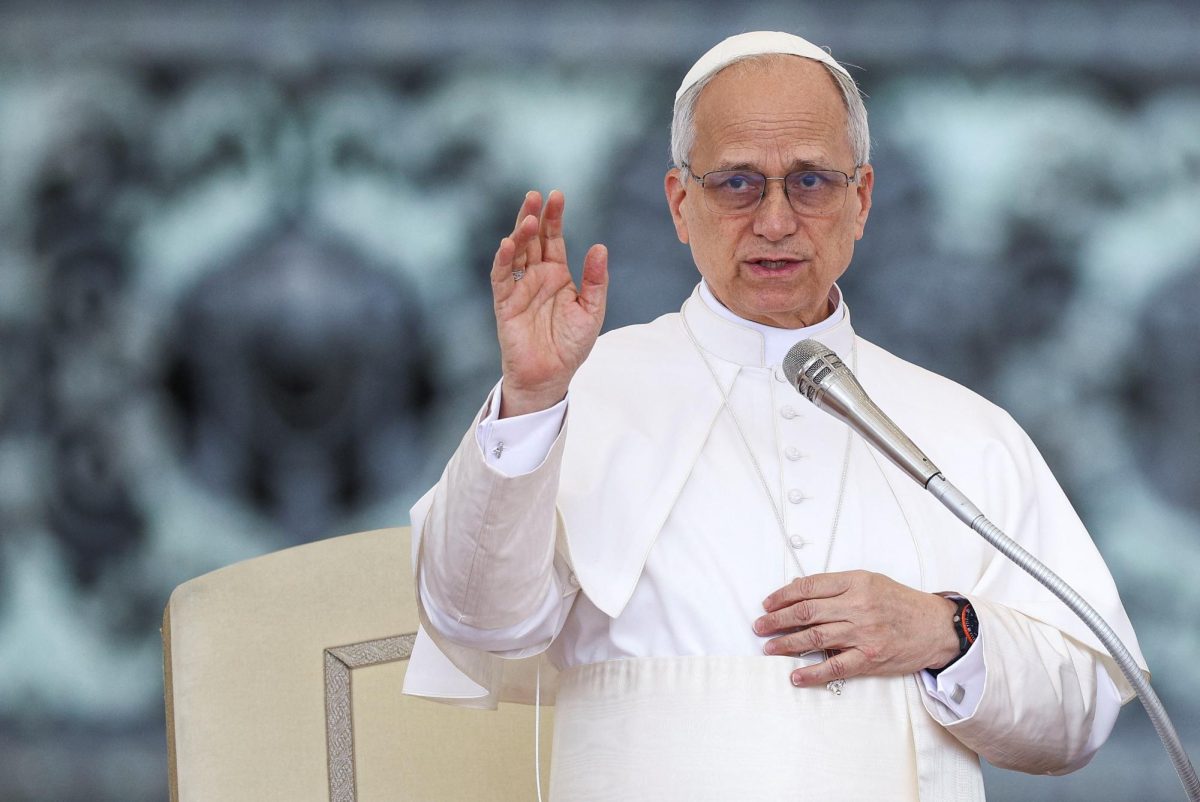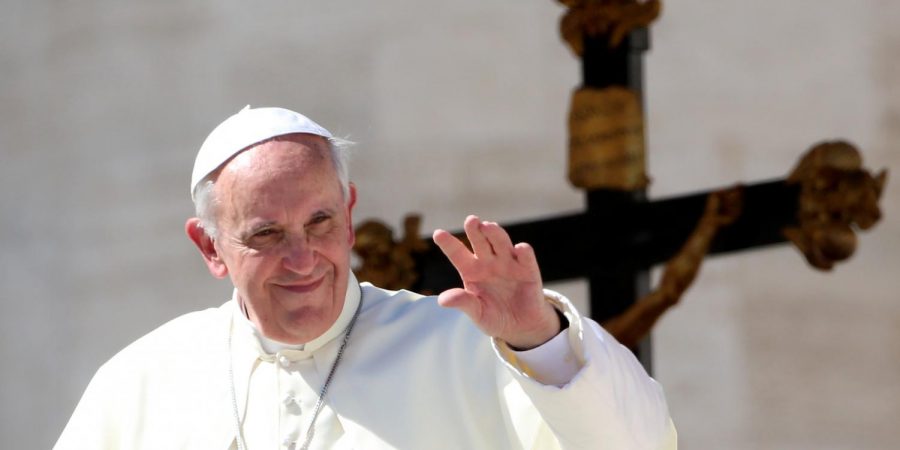 Marquette students, faculty and resident Jesuits watched Pope Francis make headlines for focusing his papacy on open-minded pursuits.
Marquette students, faculty and resident Jesuits watched Pope Francis make headlines for focusing his papacy on open-minded pursuits.
Pope Francis raised a new wave of spiritual change in the Catholic Church last week, saying in an interview with American Magazine, “We cannot insist only on issues related to abortion, gay marriage and the use of contraceptive methods. (…) It is not necessary to talk about these issues all the time.”
Mary Anne Siderits, an assistant professor of psychology, said she admires how Francis will consider and reconsider Catholic views.
“He will consider what other people’s positions or concerns might be and he’ll do this on a broad basis,” Siderits said. “This is a man who is constantly processing his own thinking on something.”
The Rev. John Thiede, a Jesuit and assistant professor of theology, said the Pope is shifting the church’s focus to overarching structural sins that lead to poverty and widespread unemployment.
“He’s reminding us of the parable of the Good Samaritan – how do we treat the stranger, the ones on the margins,” Thiede said. “He’s taking a more pastoral approach and focusing on worldwide poverty.”
Francis also widened his perspective by forming a consultation group of bishops from around the world, changing the style in which the Vatican is managed.
“(Francis) said he wants to work from the bottom-up and this is different from the top-down, everything-centralized-in-Rome approach,” said Thiede.
Mark Johnson, an associate professor of theology, said he hopes Francis’ papacy will lead to continued change and innovation in Catholicism.
“I suspect that there will be, over time, greater democratization and transparency in how the Vatican is run,” Johnson said. “Are there other ways to choose the bishop of Rome? Maybe we’ll have Papal conventions!”
Throughout his papacy thus far, Francis performed many humble acts, including washing the feet of 12 criminal offenders on Holy Thursday in 2013 and refusing to accept lavish housing or cars.
Daniel Henderson, a sophomore in the College of Communication, said he’s seen his friends re-consider their views on Catholicism after learning about Francis’ choices.
“He’s giving good energy and I think he’s really capturing what the church needs in the modern day,” Henderson said.
Siderits said she sees Francis’ papacy as one that can break ground for church development.
“(Francis) thinks the most important thing is to emphasize concern for people and for their spirituality and not get all tied up with focusing on doctrine,” Siderits said. “In my opinion, this affects younger people, people who struggle with unbelief and people concerned with some church practices.”






